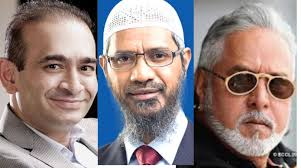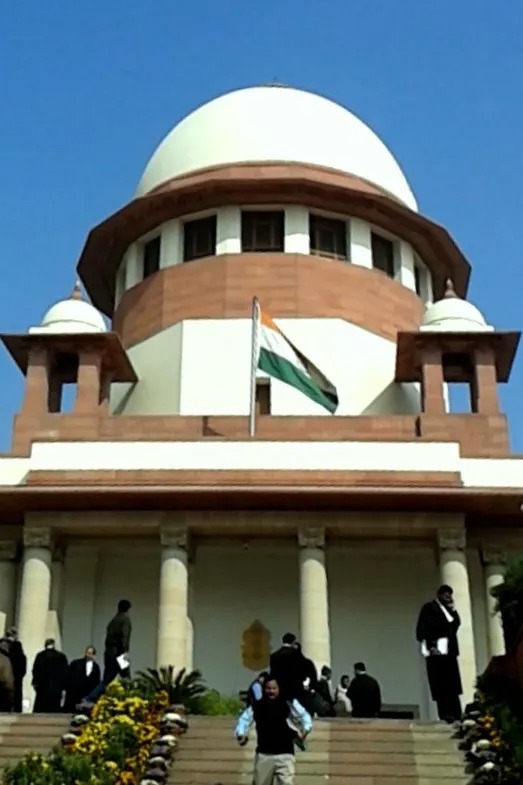Prashant Kumar Mishra, J
1. A short question arising for decision making in this petition is whether in the absence of the respondent No.3 having provided all the required
particulars in his application for issuance of permit on the inter-state route Ambikapur to Puri in terms of Section 70 of the Motor Vehicles Act, 1988
(henceforth 'the Act, 1988'), the Authority was justified in considering the application and issuing permit.
2. The indisputable facts, as admitted between the parties, are that two vacancies on the inter-state route Ambikapur to Puri were available on the
relevant date, for which the petitioners Alok Kumar Akhilesh and Mohd. Baidul moved applications on 31.08.2017, whereas the respondent No.3 Shiv
Ratan Prasad Gupta applied on 09.10.2017. The application filed by the respondent No.3 was considered on 16.11.2017 and eventually, the permit was
issued in his favour vide impugned order dated 19.01.2018.
3. It is also not disputed that on the date when the respondent No.3 moved application, his vehicle was not permanently registered, as it was bearing
only temporary registration number, which is made available to a chasis without the whole body being raised over the chasis.
4. In the above facts, Shri Shailendra Bajpai, learned counsel for the petitioners, would argue that the requisite particulars, which are to be necessarily
made in terms of the statute under Section 70 of the Act, 1988, were not provided by the respondent No.3, therefore, his application was not complete
being lacking in material particulars for consideration on merits by the STA. Shri Bajpai would refer to a Division Bench judgment of the Madhya
Pradesh High Court in the matter of Shailesh Vijayvargiya vs State of M.P. and others {WP No.7081/2014, decided on 09.10.2014}.
5. Per contra, Shri Shivesh Singh, learned counsel for the respondent No.3, would refer to the another Division Bench judgment of the Madhya
Pradesh High Court in the matter of Padam Chand Gupta and another vs State Transport Authority and another {WP No.5125/2013, decided on
21.10.2013}.
6. Section 70 of the Act, 1988 provides that an application for a permit in respect of a stage carriage or as a reserve stage carriage shall, as far as
may be, contain the following particulars namely;
(a) the route or routes or the area or areas to which the application relates;
(b) the type and seating capacity of each such vehicle;
(c) the minimum and maximum number of daily trips proposed to be provided and the time-table of the normal trips. Explanation.--For purposes of this
section, Section 72, Section 80 and Section 102, ""trip"" means a single journey from one point to another, and every return journey shall be deemed to
be a separate trip;
(d) the number of vehicles intended to be kept in reserve to maintain the service and to provide for special occasions;
(e) the arrangements intended to be made for the housing, maintenance and repair of the vehicles, for the comfort and convenience of passengers and
for the storage and safe custody of luggage;
(f) such other matters as may be prescribed.
The application referred to above shall be accompanied by such documents as may be prescribed. The provisions contained in Section 70, as
mentioned above, thus make it mandatory for the applicant to mention the particulars, amongst others, the type and seating capacity of the vehicle and
the arrangements intended to be made for the housing, maintenance and repairs of the vehicle for comfort and convenience of passengers for storage
and safe custody of luggage. The respondent No.3's vehicle was only a chasis on the date of submission of application; obviously it was not having the
particulars about the type and seating capacity of vehicle and the arrangements intended to be made for the housing, maintenance and repairs of the
vehicle for comfort and convenience of passengers for storage and safe custody of luggage.
7. In the matter of Shailesh Vijayvargiya (supra), the Division Bench of the M.P. High Court held that the permit holder in the said case does not fulfill
other requirements of sub-rule (72) (3)(c) (d) (e) pertaining to availability of reserved vehicle and column No.10 & 12 of the statutory prescribed form
was left blank and not filled. Thus, the application was not in accordance with the requirements of the statute and ignoring all these factors, the permit
was allowed. The Division Bench, after going through the original record, found that the application submitted by the respondent thereunder for grant
of permit does not fulfill the statutory requirement for grant of permit and was not in accordance with the statutory prescribed form and various
documents, which have to be accompanied under under sub-rule (3) of Rule 72 of the Motor Vehicles Rules, have not been filled with the application.
Therefore, the action of the Statutory Authorities in granting statutory permit being in violation of the statutory rules is clearly unsustainable.
8. In the case at hand also, the respondent No.3 was not in a position to supply the particulars about the type and seating capacity of the vehicle and
the arrangements intended to be made for the housing, maintenance and repairs of the vehicle for comfort and convenience of passengers for storage
and safe custody of luggage, as the vehicle was neither permanently registered nor the body was raised over the chasis. The seating capacity and
other conveniences in the vehicle can be mentioned only when the entire vehicle is ready after building of the body. In the absence of such particulars
or the vehicle being complete in all respect, the Authority was not in a position to apply its mind as to whether the vehicle satisfies the requirements for
traveling to a long distance from Ambikapur to Puri. The statute requires mentioning of particulars not for the sake of formality but to assess the
eligibility and capacity of the vehicle to travel to such a long distance by providing sufficient required comfort to the passengers. The requirement
under Section 70 of the Act, 1988 has definite object behind it, therefore, in the absence of statutory prescribed particulars being provided in the
application, consideration of the application by the respondent No.3 was not in accordance with law. Therefore, as a consequence, permit granted to
respondent No.3 deserves to be and is hereby set aside.
9. The petitioners have also prayed for issuance of permit in their favour, however, since the Authorities have also found lacuna in their application, it
is not for this Court to apply its mind as an authority of first instance and substitute the finding. Since a vacancy has arisen on account of the quashing
of permit issued to respondent No.3, it will remain open to all intending candidates including the petitioners and the respondent No.3 to apply for the
permit, which shall be considered in accordance with law.
10. Both the writ petitions stand allowed in part, in the above stated terms.

